The views expressed in our content reflect individual perspectives and do not represent the authoritative views of the Baha'i Faith.
Progressive revelation is the concept that we, as a humanity, will never be abandoned by God, rather we will be regularly guided by the Divine through the teachings of His Divine Educators, like Zoraster, Buddha, Krishna, Moses, Jesus Christ, Mohammad, the Bab, and Baha’u’llah. What if we all accepted that there is one God, and that all of the major world religions are iterations of the same fundamental message, given for a different audience at a different time? This concept is revolutionary with the potential to unify many peoples.
Which of the Divine Educators should we pay the most attention to?
If the Divine Educators are part of a sequence of progressive revelation, then the most recent Divine Educator is the one who establishes guidance for the contemporary world. Though all are of equal spiritual station, the most recent one renews the universal virtues and adapts them to current conditions, as well as adapting these guidelines and principles to humanity’s developmental capacities.
“Now the new age is here and creation is reborn. Humanity hath taken on new life. The autumn hath gone by, and the reviving spring is here. All things are now made new. Arts and industries have been reborn, there are new discoveries in science, and there are new inventions; even the details of human affairs, such as dress and personal affects… have likewise been revised. Renewal is the order of the day. And all this newness hath its source in the fresh outpourings of wondrous grace and favor from the Lord of the Kingdom, which have renewed the world. The people, therefore, must be set completely free from their old patterns of thought, that all their attention may be focused upon these new principles, for these are the light of this time and the very spirit of this age.” – Abdu’l-Baha
“ …the religion of God is one, and it is the educator of humankind, but still, it needs to be made new. When thou dost plant a tree, its height increaseth day by day. It putteth forth blossoms and leaves and luscious fruits. But after a long time, it doth grow old, yielding no fruitage any more. Then doth the Husbandmen of Truth take up the seed from that same tree, and plant it in a pure soil; and lo, there standeth the first tree, even as it was before.” – Abdu’l-Baha
“When the holy, divine Manifestations or Prophets appear in the world, a cycle of radiance, an age of mercy dawns. Everything is renewed. Minds, hearts and all human forces are reformed, perfections are quickened, sciences, discoveries and investigations are stimulated afresh, and everything appertaining to the virtues of the human world is revitalized…” – Abdu’l-Baha
“To build anew the whole world” is the claim and challenge of (Baha’u’llah’s) Message… In this Revelation the concepts of the past are brought to a new level of understanding, and the social laws, changed to suit the age now dawning, are designed to carry humanity forward into a world civilization the splendors of which can as yet be scarcely imagined.” – The Universal House of Justice
You May Also Like
Comments



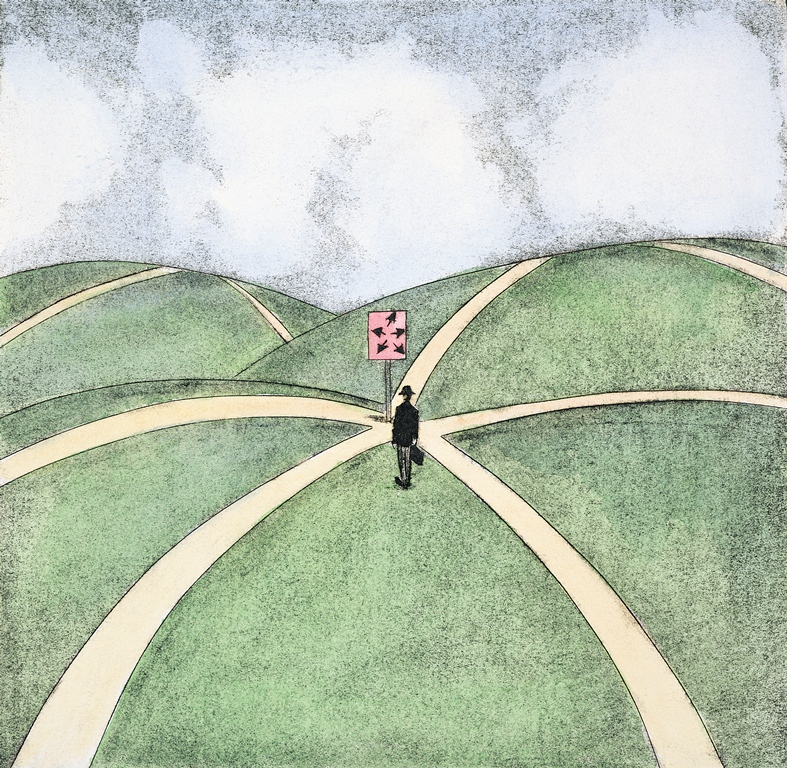
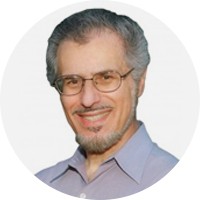

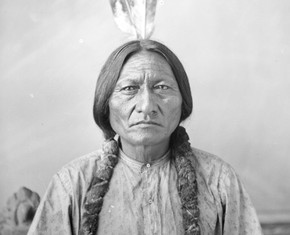
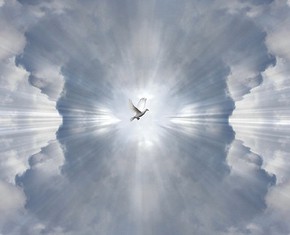







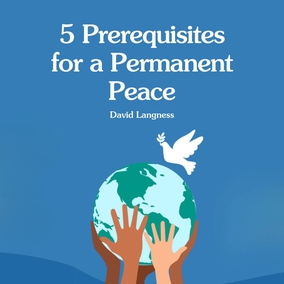

Baha'u'llah (in the "Book of Certitude") and 'Abdu'l-Baha (in His Tablets) provide important clarifications and elucidates the distinction between the "major" and "minor" prophets.
"The Manifestations of God are described as prophets endowed with constancy. The term endowed with constancy refers to prophets to whom a book was revealed (in which the book contained legislation) and with whom lasting covenants with God were made, abrogating past covenants. For example, Bahá'u'lláh describes Moses ...as a Manifestation of God and his brother Aaron a minor prophet; Moses spoke on behalf of God, and Aaron spoke on behalf of Moses (Exodus4:14-17). Furthermore, the other prophets of the Old Testament such as Jeremiah, David, Solomon, Ezekiel, and Isaiah are described as minor prophets as they came in the shadow of the dispensation of Moses to develop and consolidate the process he set in motion.[1] There is, however, no definite list of who is or isn't a minor prophet in the Bahá'í understanding.
"The distinction can also be described as the difference between inspiration and revelation. Revelation is seen to be the direct and infallible perception of God's word and is only accessible to the Manifestations of God who transmit it to humanity. On the other hand inspiration is seen to be the indirect and relative perception of spiritual truths that each person may have access to. Bahá'u'lláh stated that at times, God chooses ordinary people to act as prophets and thus inspires them to play certain roles in human affairs; these people however remain ordinary people whose powers of inspiration have been further developed by God.[22]
"In Islam, the station of prophethood (Risalah) also has two titles. The equivalent of major prophets are known as Messengers of God (Rasul) who bring a major revelation from God. Both they and the equivalent of minor prophets are known as prophets of God (Nabi)." (Reference
Serve to Almighty God only.. Perform the prayer in the way as prescribed ...by last Prophet.
LOVE AND RESPECT TO ALL OF YOU